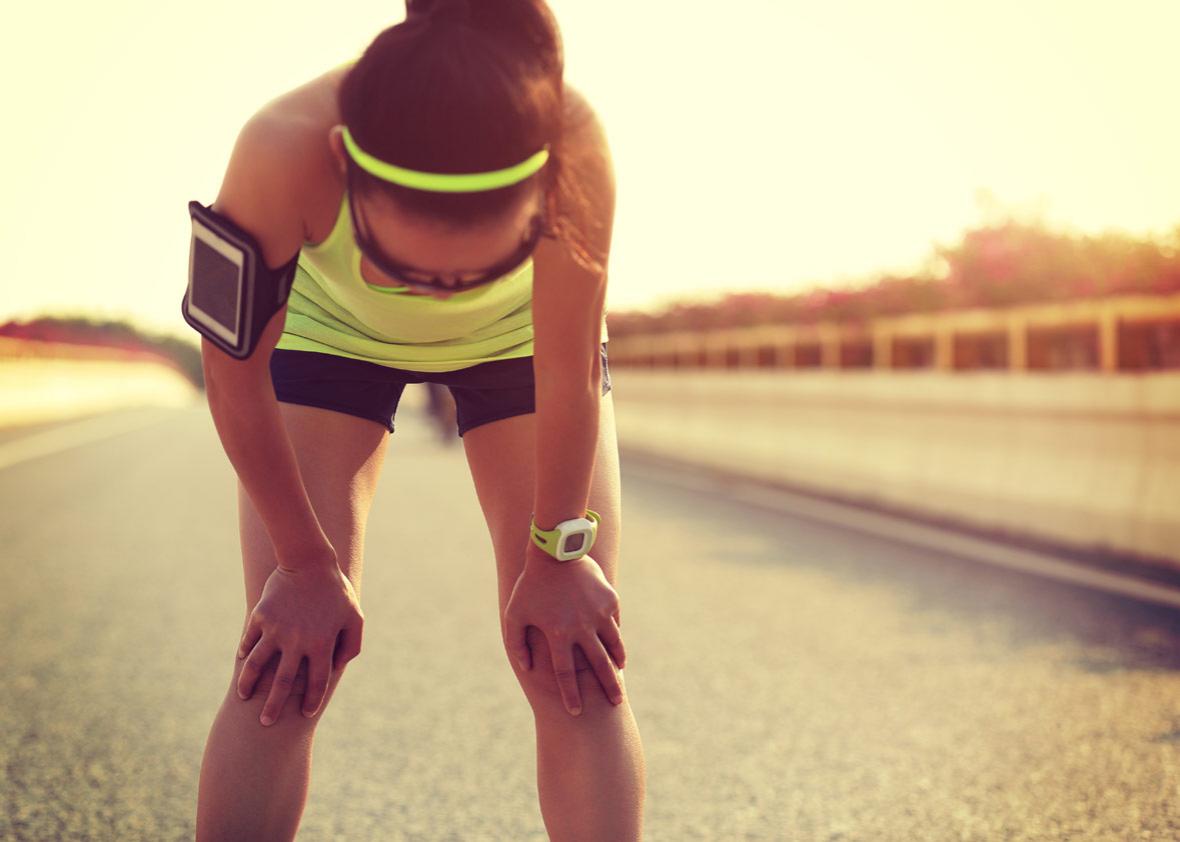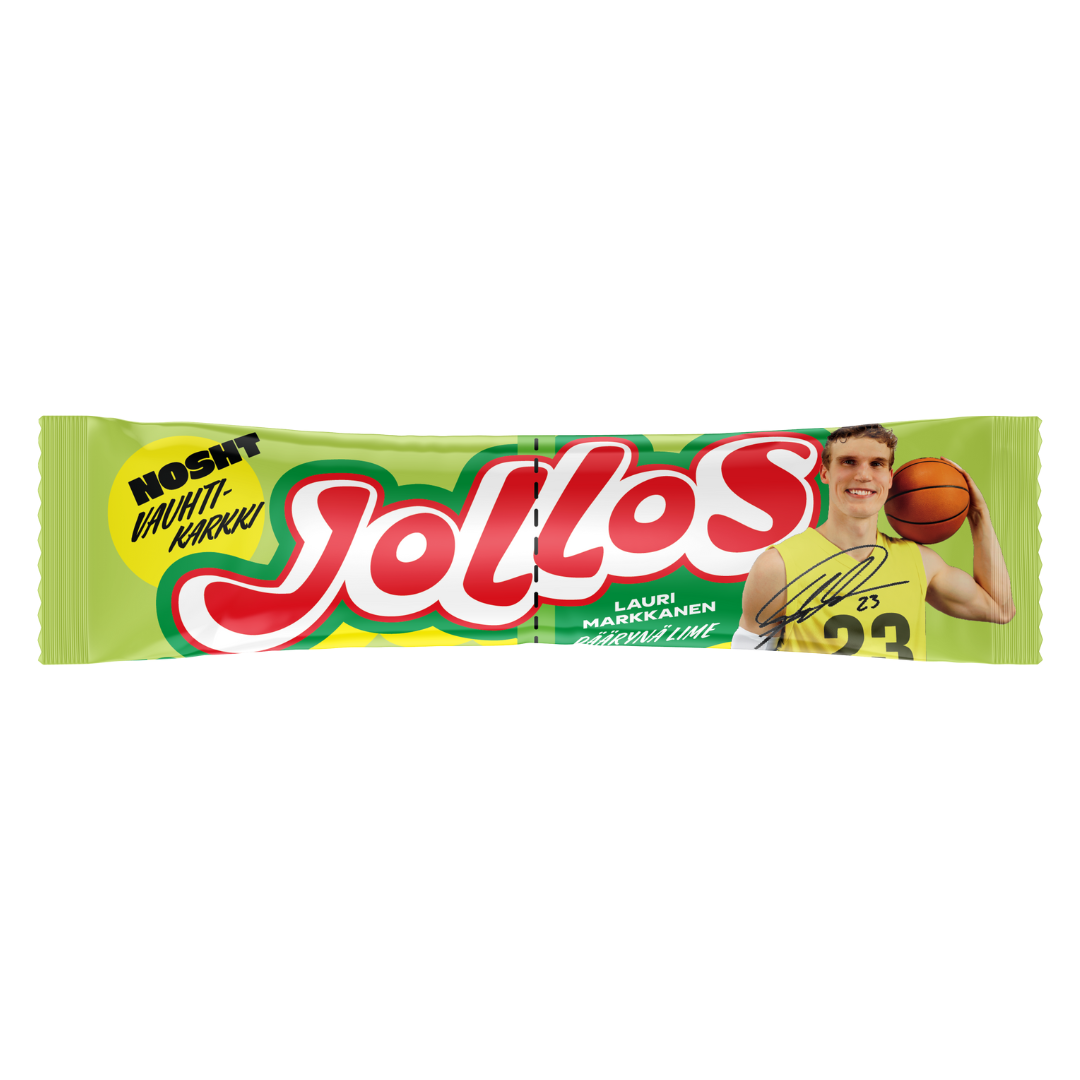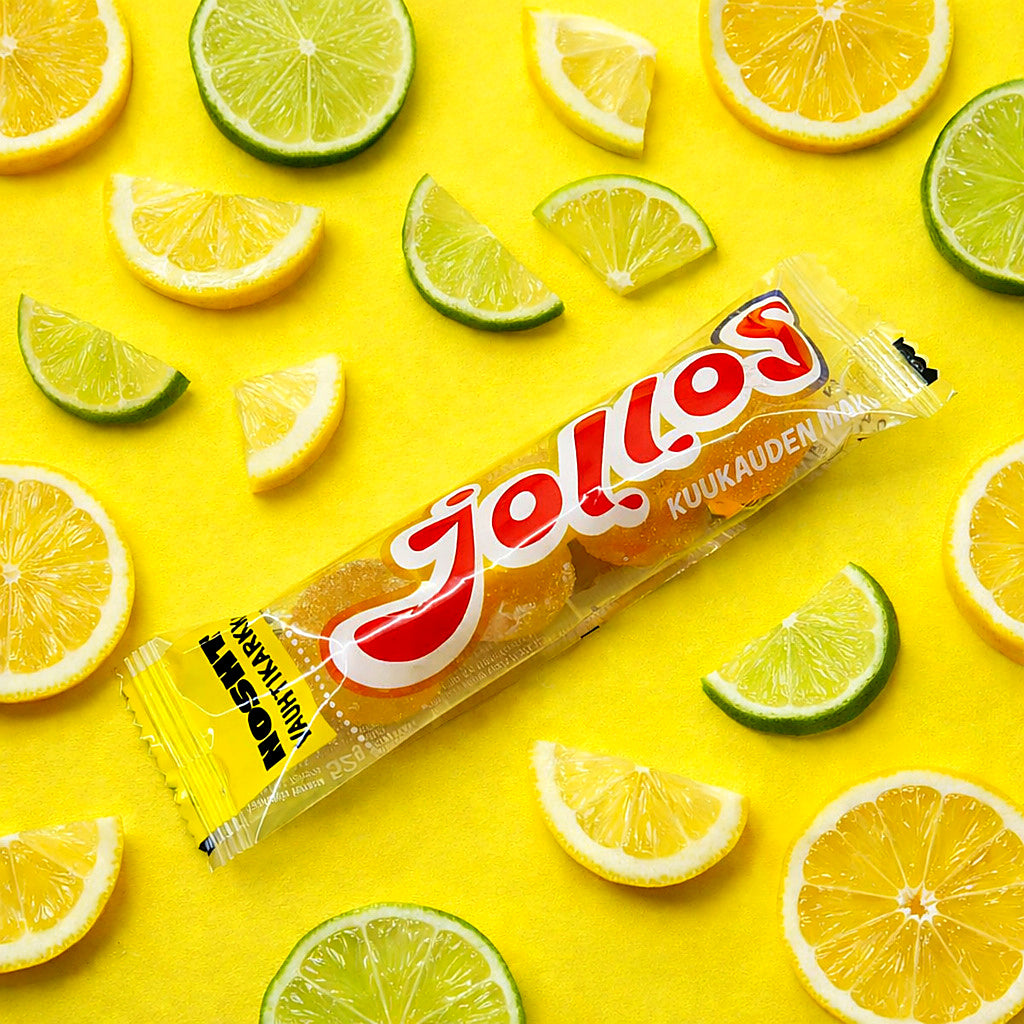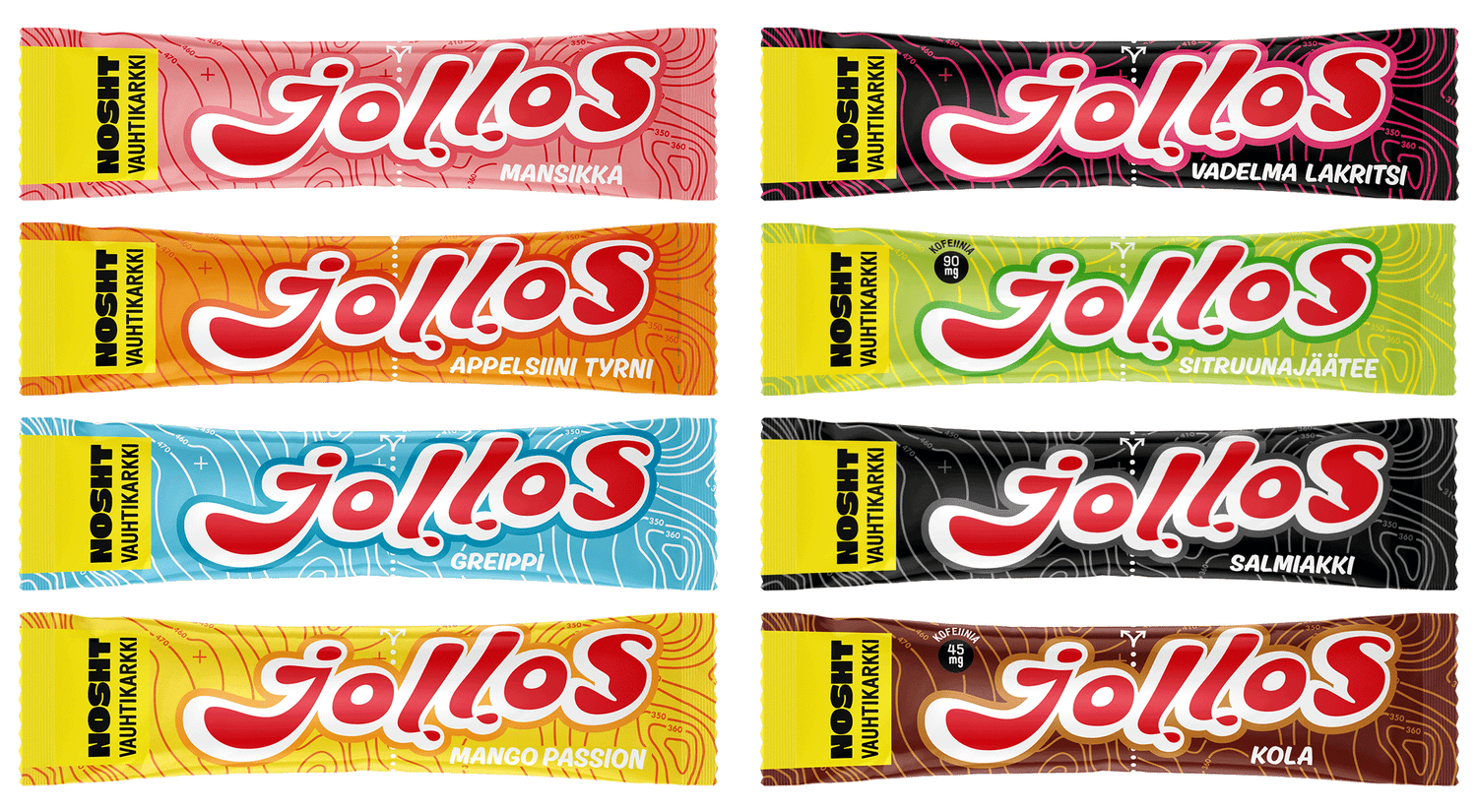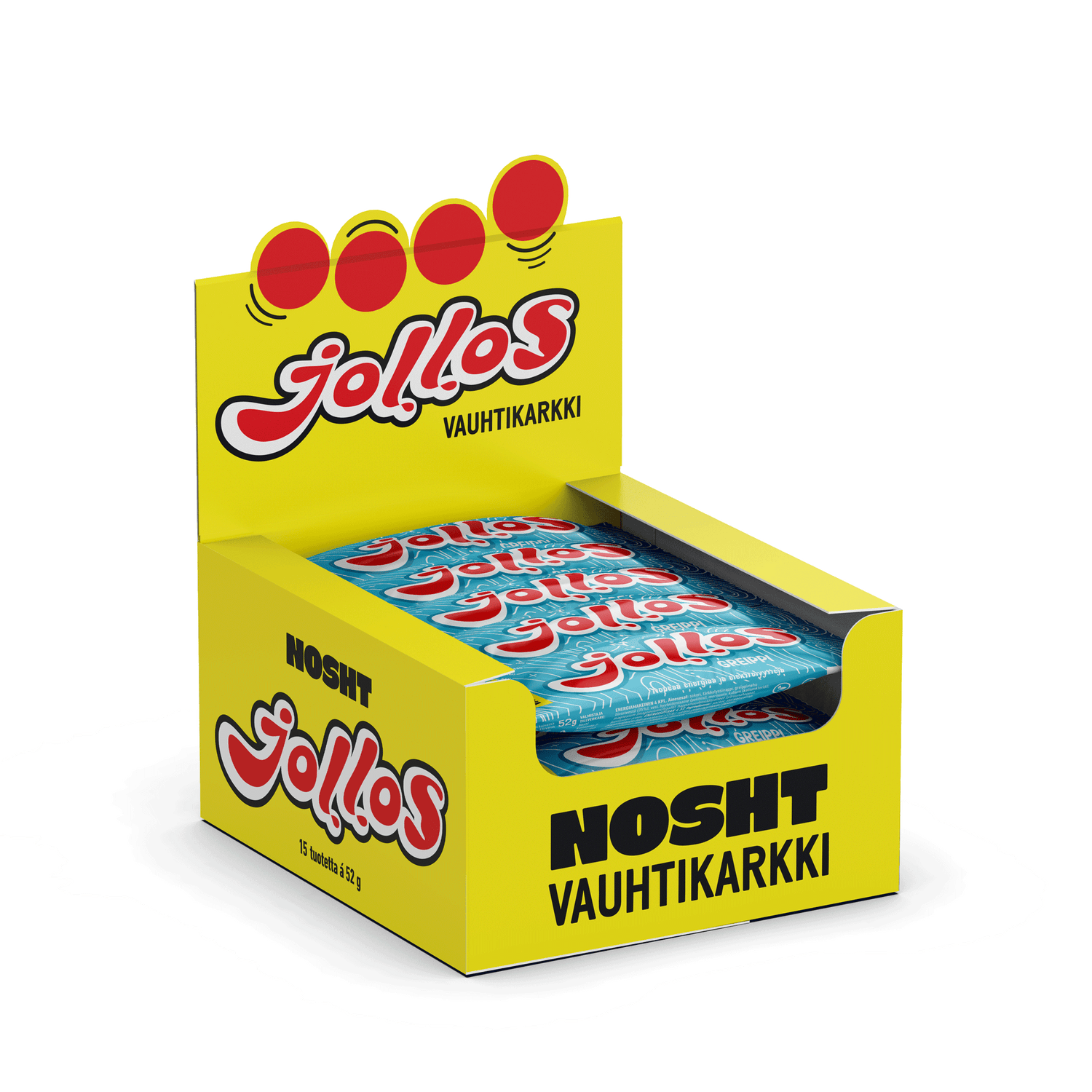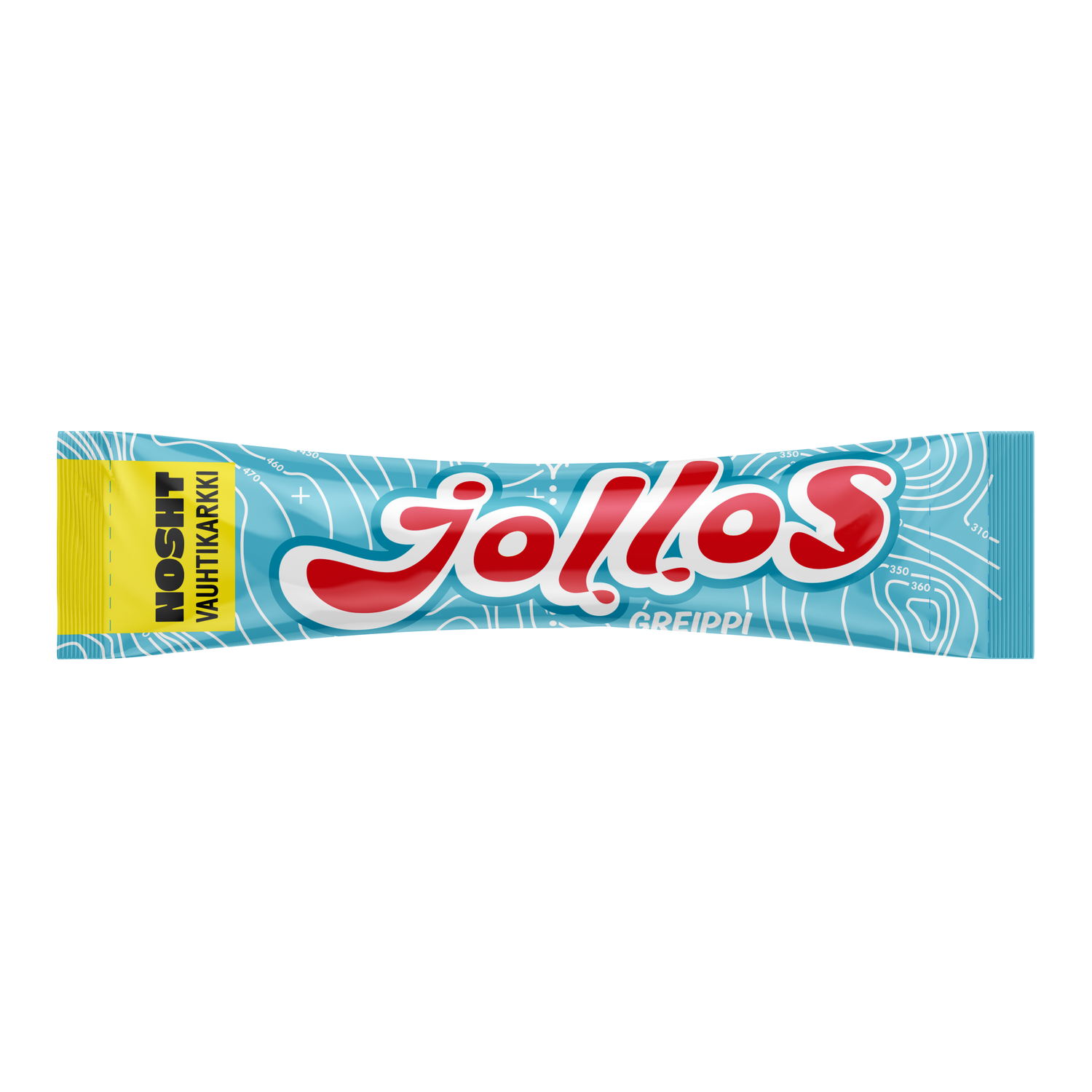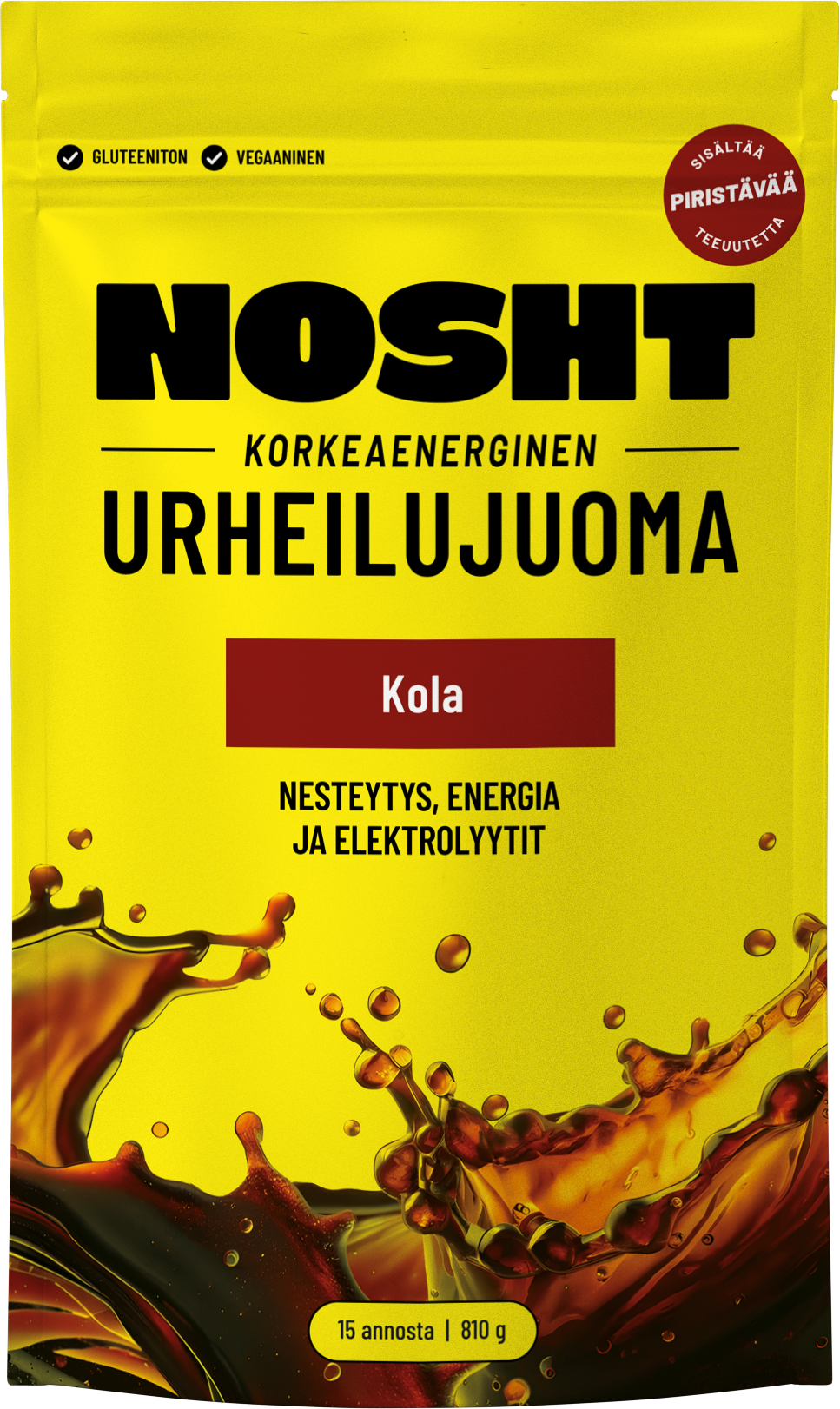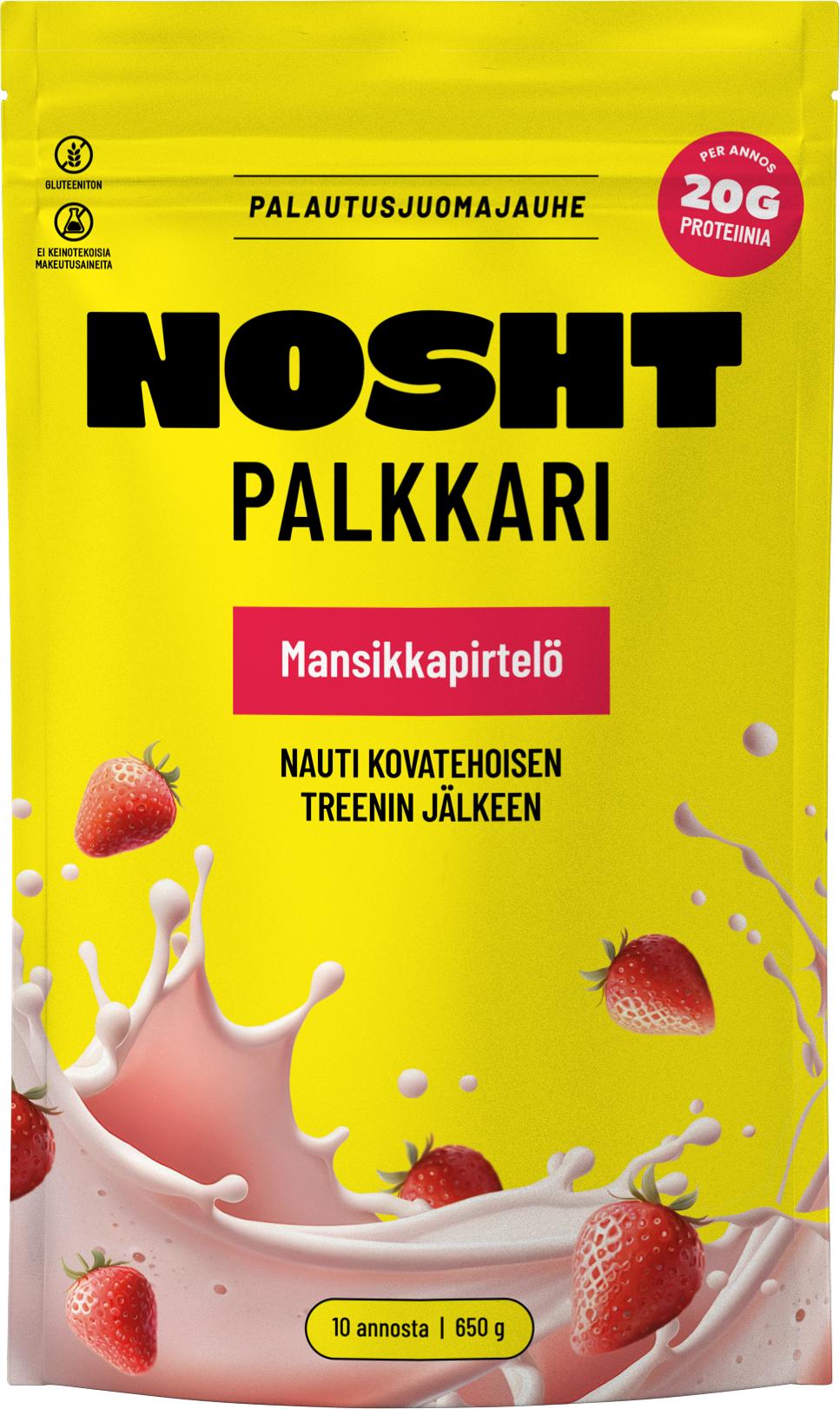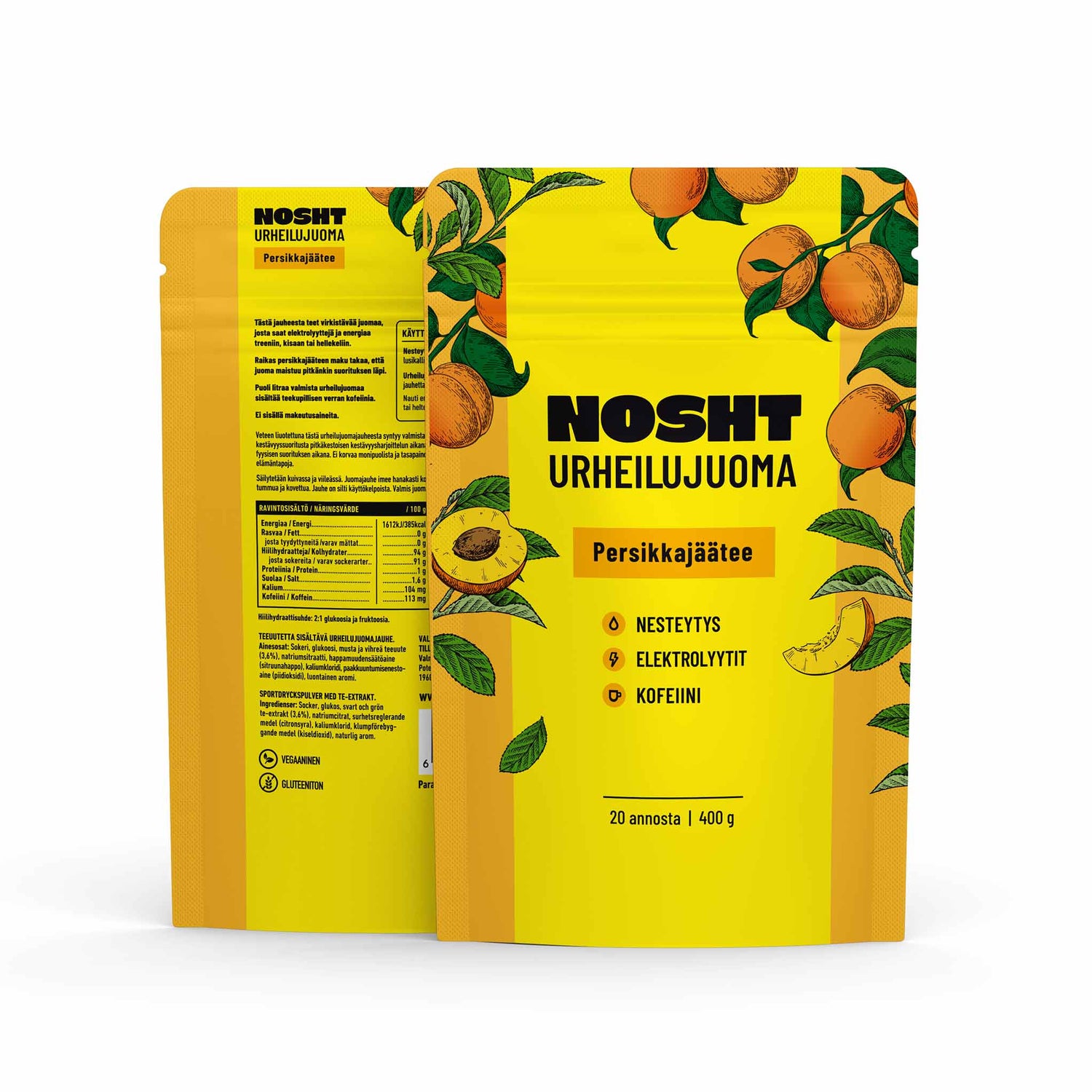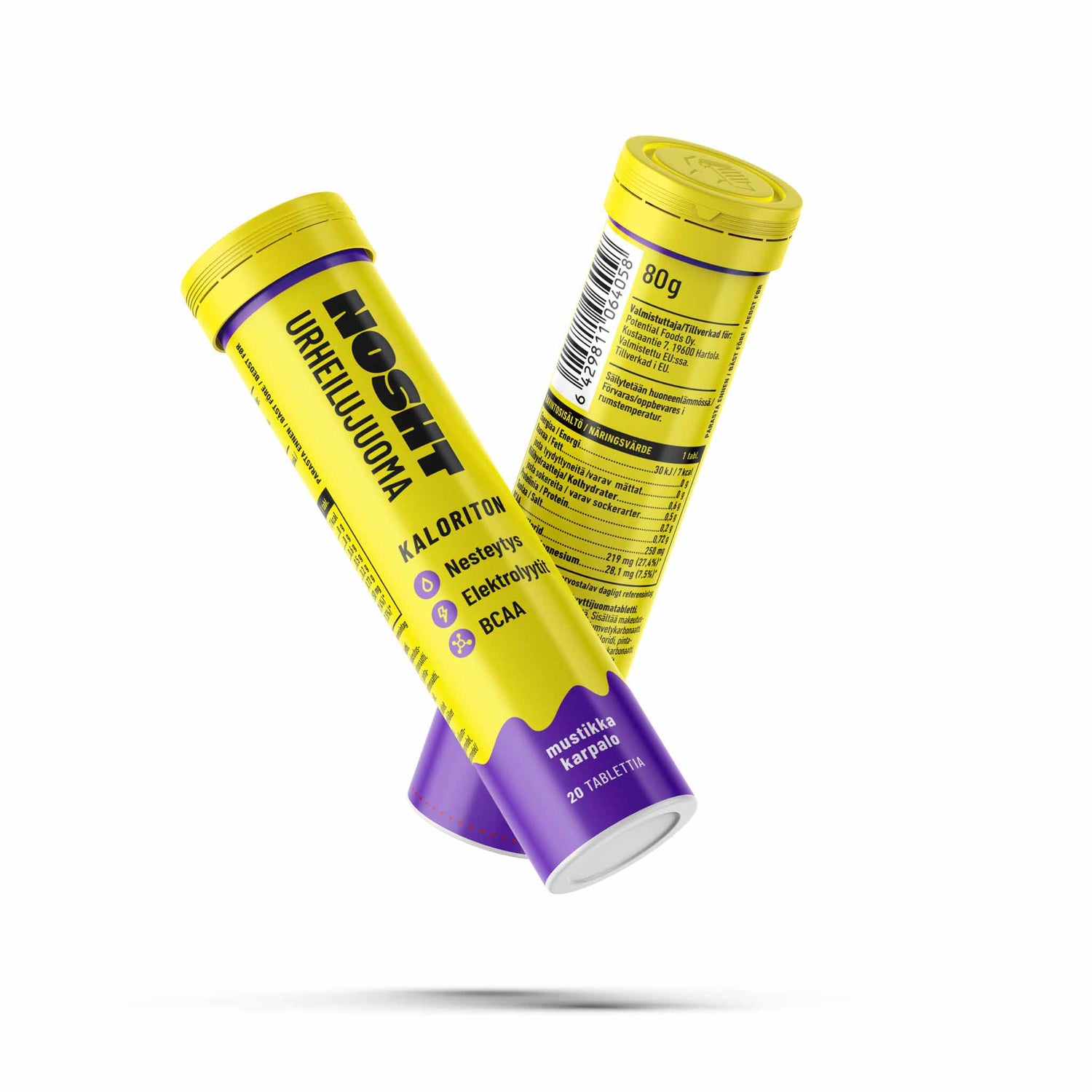Athletes of all levels and different sports can suffer from gastrointestinal issues that can affect performance in both training and racing. In this text, we’ll focus on irritable bowel syndrome and the nutritional challenges it poses for endurance athletes.
Exercise alone can lead to some uncomfortable side effects since it can alter blood flow and functional capacity of the gastrointestinal tract leading to symptoms like bloating, stomach pain, flatulence, intermittent diarrhoea or constipation. These symptoms aren’t always associated with exercise and can sometimes be linked to an underlying condition such as irritable bowel syndrome, celiac disease or inflammatory bowel disease.
Irritable Bowel Syndrome is a functional gut disorder that affects 1 in 10 adults and often has a negative impact on the quality of life. The most common symptoms are abdominal pain, bloating, excessive flatulence and altered bowel movements which can limit performance in both training and racing. There isn’t really any cure for IBS, but stress management and diet play an important role in managing symptoms.
Criteria for the diagnosis of irritable bowel syndrome
| Pattern and duration of symptoms |
> 6 months history of symptoms with presence of symptoms on at least 3 d/m for the preceding 3 months |
|
Symptoms |
Recurrent abdominal pain or discomfort with two or more of the following:
|
|
Symptoms that suggest IBS but are not included in criteria |
Abnormal stool frequency Abnormal stool form Straining at defecation Urgency or incomplete emptying of the bowel Passing mucus Bloating |
In some individuals with IBS, symptoms can be triggered by certain foods containing poorly absorbed, rapidly fermentable carbohydrates called FODMAPs. FODMAPs is an acronym for fermentable oligosaccharides, disaccharides, monosaccharides and polyols.
They are short-chain oligosaccharide polymers of fructose, galacto-oligosaccharides, disaccharides, monosaccharides and sugar alcohols.
FODMAPs cause symptoms in two ways. These types of carbohydrates are poorly absorbed in the small intestine of IBS sufferers, and when they pass into the large intestine the bacteria located there begins to ferment. This fermentation leads to the symptoms of gas, bloating etc. The other mechanism that FODMAPs have is that they pull water from body tissues to the intestine causing bloating and diarrhoea.
The FODMAP diet
The FODMAP diet is now recognized as one of the most successful evidence-based dietary therapies for treatment and management of IBS. FODMAPs are not the cause of IBS but avoiding them can help manage symptoms. Athletes with IBS do not necessarily need to avoid all FODMAPs but it is worth investigating which types of foods trigger symptoms in each individual so that these foods can be avoided before and during training and racing.
Foods high in FODMAPs include:
- cauliflower, beetroot
- mushrooms
- apples, pears, apricots, mango, nectarines, cherries
- honey and agave + some sweeteners like sorbitol, mannitol and xylitol
- leek, onion, garlic
- peas, asparagus
- ripe bananas
- wheat, rye, barley
- beans and lentils
- asparagus
- dairy (because of the lactose)
- avocado
For a more comprehensive list of FODMAPs in foods go to Monash University Fodmap-pages.
Many of the foods that are high in FODMAPs are in fact healthy foods. It is important to remember that it is called a low-FODMAP diet, not a no-FODMAP diet, and a successful FODMAP diet shouldn’t be restrictive for longer than 2-6 weeks. During this initial elimination phase, it’s recommended to avoid all high-FODMAP foods and replacing them with low-FODMAP options. During the following re-introduction phase, the goal is to re-introduce each food that was eliminated in the elimination phase and eat it in increasing amounts over the course of three days to find the individual level of tolerance for each food. It can be helpful to write a food and symptom diary during the elimination and re-introduction phase. After gradually re-introducing foods and monitoring symptoms the goal is to find a sustainable, individualized diet with minimal food restriction and minimal symptoms.
Fructose malabsorption is a normal phenomenon both in individuals with IBS and in otherwise healthy people. There is a large individual variation in the absorptive capacity of fructose with some people failing to digest the amount of fructose in a small apple or pear. Fructose malabsorption happens when fructose is consumed in excess of glucose or there is a high fructose load. Athletes with fructose malabsorption need to pay attention to the ratio of sugars when selecting their sports nutrition.
If you are an athlete with IBS it’s smart to take FODMAPs into account when planning your pre-event nutrition and also what you use as fuel during longer training and racing. More about this in the blog post FODMAPs in training and racing.
Emma Juslin is a registered dietitian and sports nutritionist working with individuals with food allergies and intolerances. She is currently training for her first full Ironman and enjoys baking gut-friendly meals and snacks to fuel her training. She can be found as @tridietitianemma on Instagram and nutritionconsultingemma@gmail.com.
Check out all recipes and articles here.
